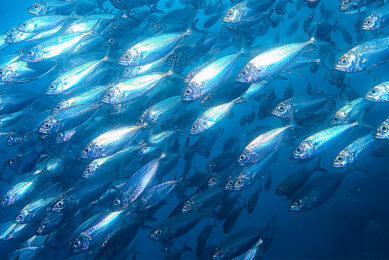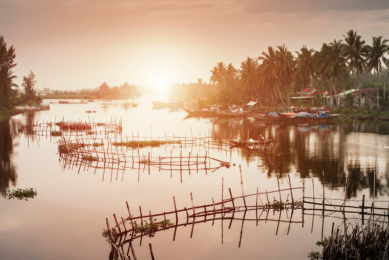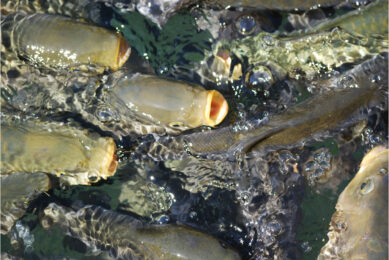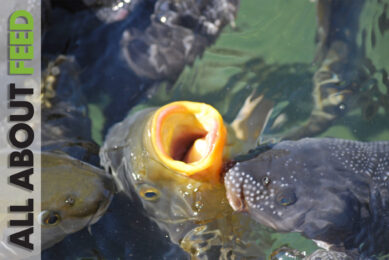Sustainable fishmeal can support expanding aquaculture
Growth in production from aquaculture, and agriculture, will not be limited by ensuring the supply of fishmeal and fish oil is sustainable. This is a central message Dr Andrew Jackson will deliver at AquaVision 2010, 7–9 June in Stavanger Norway.
Dr Jackson is the Technical Director of the International Fishmeal and Fish Oil Organisation (IFFO) and a keynote speaker at AquaVision.
“In 1960 virtually all fishmeal, 98.5%, was used in pig and poultry feeds,” says Jackson. “At the time, pig and poultry producers were concerned they would not be able to increase production without new sources of fishmeal. As we all know, in the past 50 years the production of both species has increased enormously yet today they use less fishmeal than in 1960.
“We will see a similar transformation in aquaculture, though marine raw materials will continue to make an important contribution. That is why we are working to ensure the supply is sustainable through the application of effective regulation and strict sourcing criteria.”
Responsible fishmeal
IFFO in October 2009 introduced its Global Standard for Responsible Supply which covers two critical areas: responsible sourcing of fish for fishmeal and oil production and the purity and safety of these products.
IFFO cooperated with fish meal producers, feed companies, fish farmers, fish traders, the Global Aquaculture Alliance, the Marine Conservation Society and WWF Scotland in drawing up the standard.
The fishmeal producers are audited by a third party certification body and the outcome is confirmed by a standing committee that includes a retailer, processor and environmental NGO.
The first fishmeal producer to meet the standard was certified in February 2010, with several more in the following months.
Preparing for the future
If fish catches for reduction are controlled at sustainable levels, and with a growing proportion being processed for the more lucrative human consumption market, aquaculture faces the challenge of a limited or declining sustainable supply.
“The aquaculture industry anticipated the challenge and has answers in place,” says Jackson.
“Research is reducing the levels of fishmeal and fish oil needed in fish feed and the increasing volume of fishmeal coming from by-products of fish processing is an important development.
“Trimmings now constitute around 25% of the raw material for fishmeal production, which is a good way of using the wild catch and farmed fish to maximum effect.
“However we need precautions. Clearly, fishmeal should not be fed back to the same species, so identity preservation is necessary. Second, care is needed to avoid by-products from endangered species and to avoid contamination, for example with land animal proteins. We are developing a definition of what constitutes an acceptable by-product and will add it to our standard.”
Related website: www.aquavision.org











